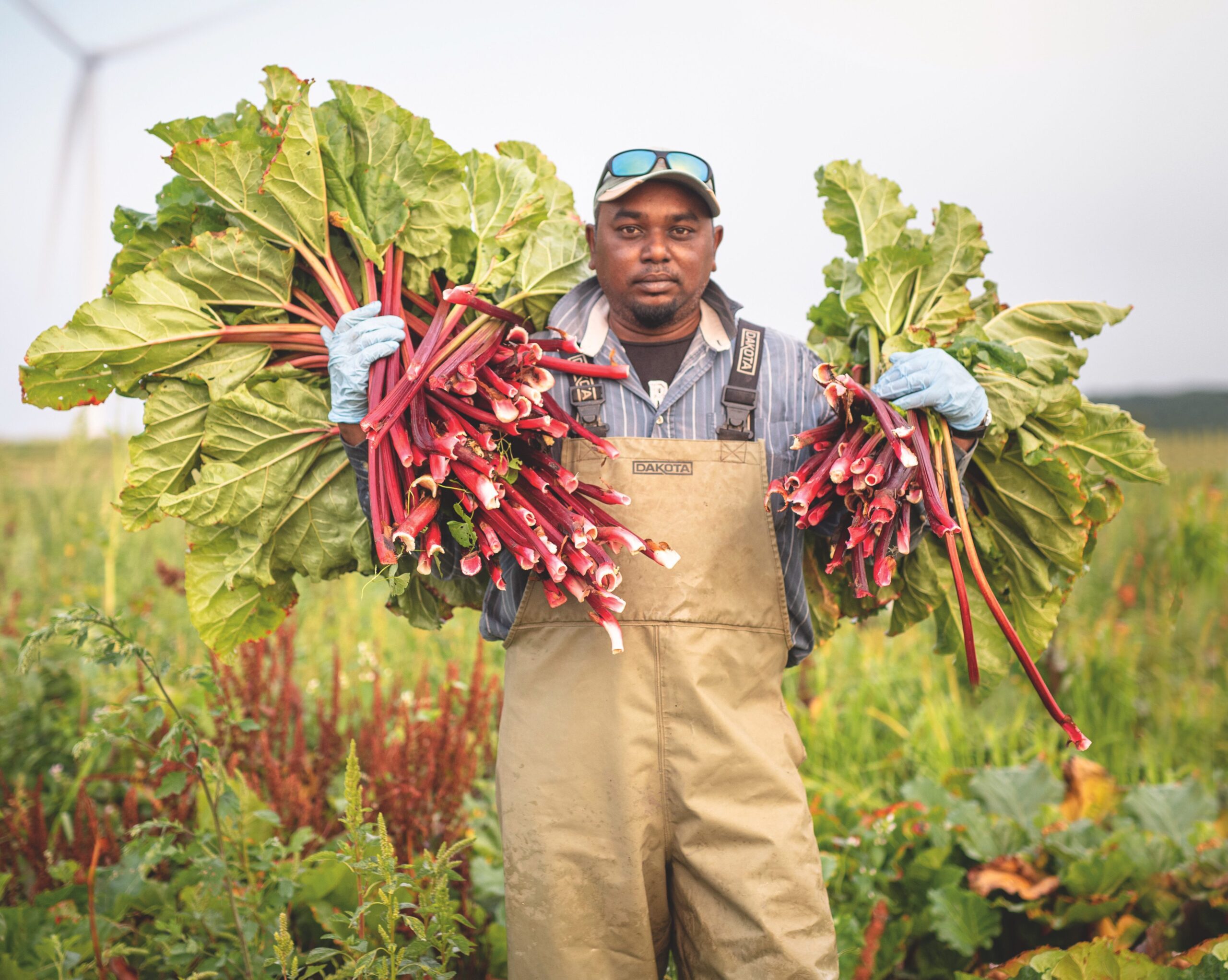Farming has been in Brian French’s family for 100 years. He and his wife, Jeannette, grow rhubarb, sweet corn and various other vegetables and herbs on Lennox Farm, their 200-hectare property in Melancthon, Ont. Like many Canadian farmers, they don’t work the land alone. Since 1968, the family has hired men from Trinidad and Tobago to help plant, tend and harvest their crops. “These guys have been family. I’ve grown up with them my whole life,” says Brian.
Canada’s food system depends on workers from other countries. In Ontario in 2017, “temporary foreign workers” accounted for more than 40 percent of the jobs in the province’s agricultural sector. “I come here to support my family,” says Premchand Ramsaroop, a Trinidadian who has worked on the Frenches’ farm for more than a decade. “This is the land of opportunity.”
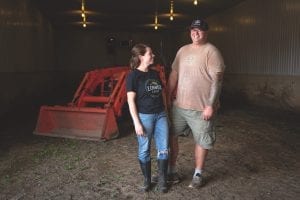
Everything changed in March 2020 when Trinidad and Tobago closed its borders due to COVID-19. The French family and a few local teens spent every day planting what they could. By July 2020, six workers were allowed to travel to Canada, but the damage was done. The Frenches had only planted half the usual English peas and 70 percent of the Brussels sprouts. But the biggest issue was not having help with the rhubarb, their largest crop, and they lost about 60 percent of their total wholesale income.
More on Broadview…
- Dream of 3 faiths worshipping in one building meets reality in Berlin
- More older women are drinking too much. A new sobriety movement aims to help.
- Meet 3 couples who found love in the pandemic
The pandemic has exposed the fragility of the Canadian food system, as well as the racism and struggles workers from other countries can face here. When Brian posted a welcome message on Instagram to Ramsaroop and the other workers in July, he was accused of putting the community at risk of COVID-19, even though the workers quarantined for two weeks after they arrived.
The Frenches wish everyone would understand that the workers who grow and harvest food are the backbone of the agricultural industry. “If it wasn’t for them, we wouldn’t be [farming],” says Brian.
ESSENTIAL WORK
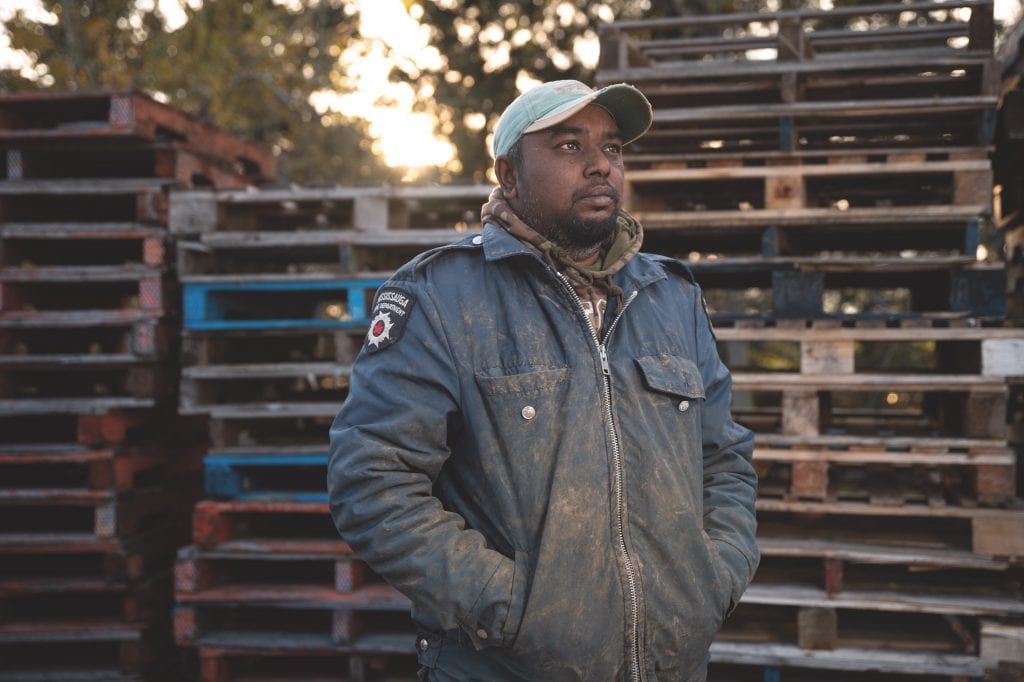
BACKUP PLAN
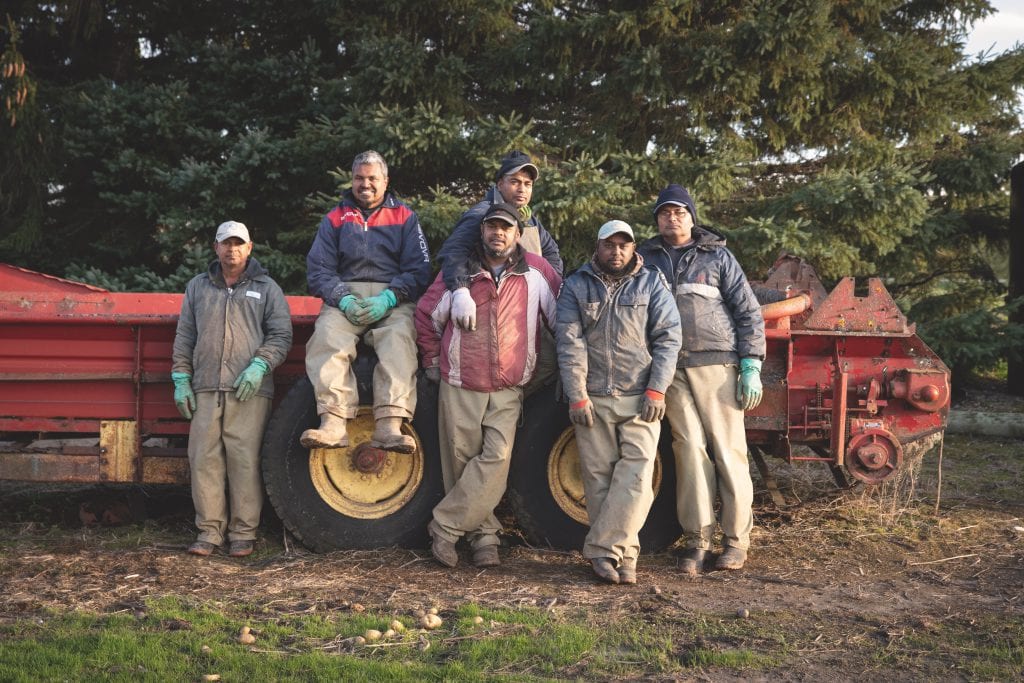
CLOSE BONDS
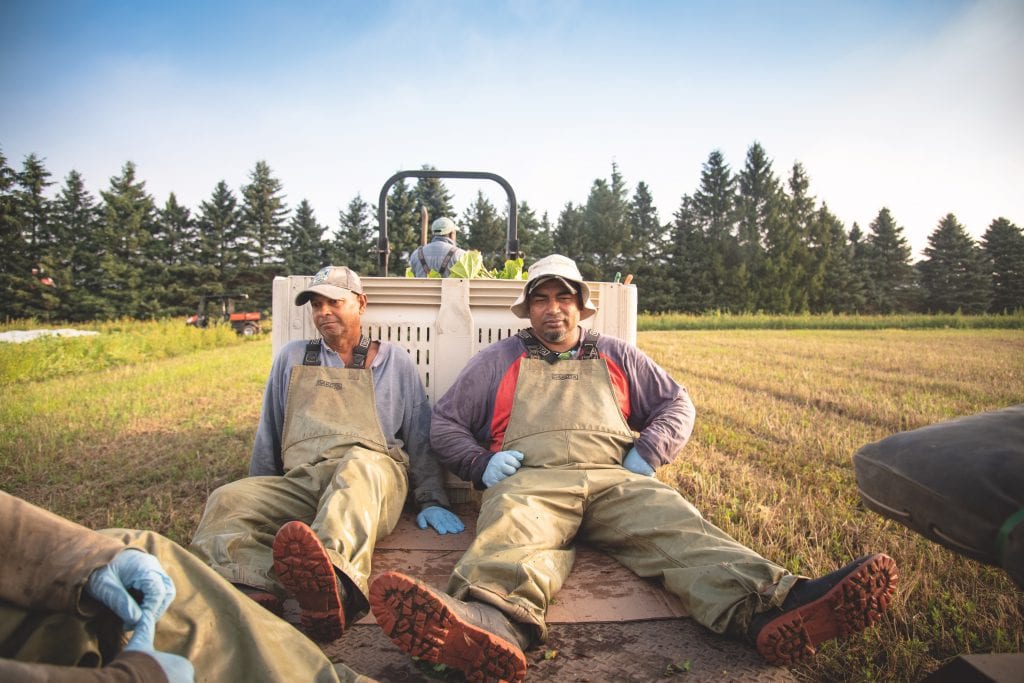
IN IT TOGETHER
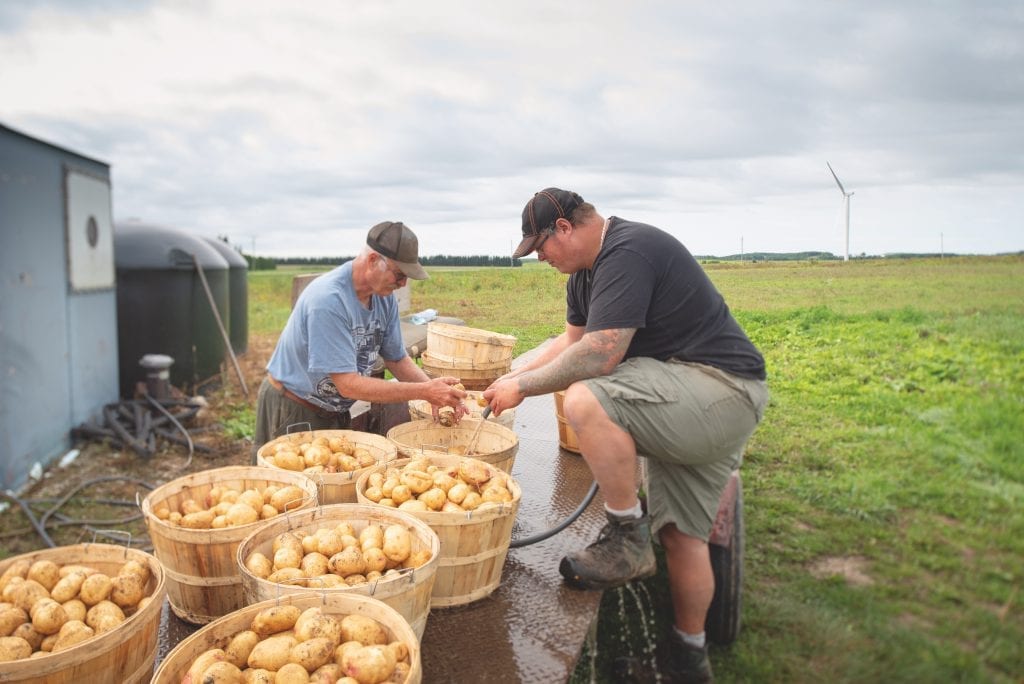
IN LIMBO
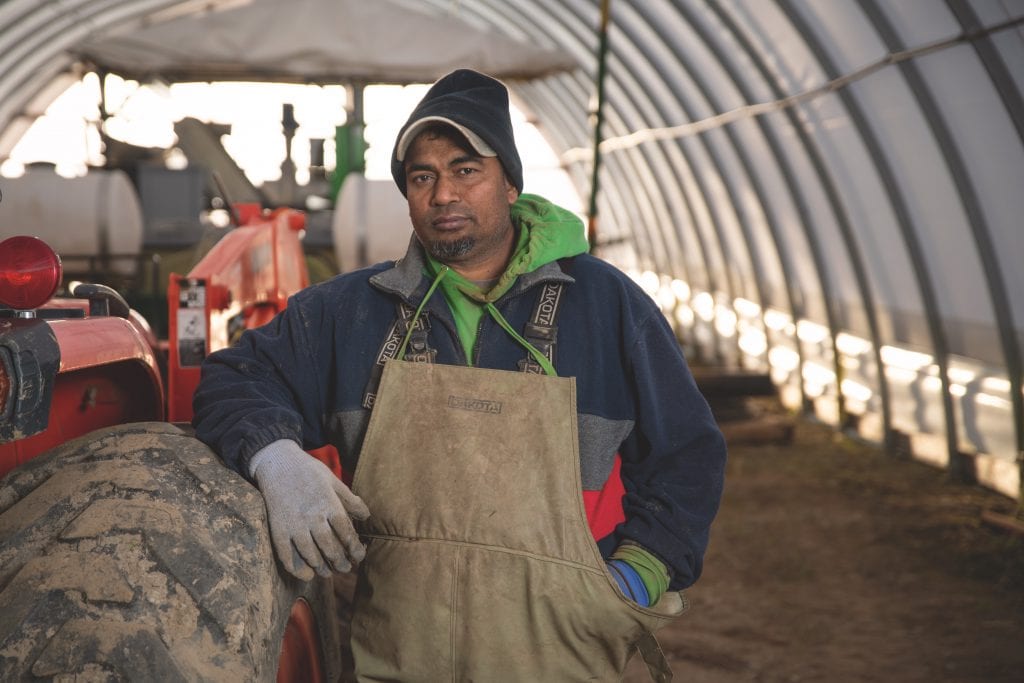
This story first appeared in Broadview’s March 2021 issue with the title “Uncertain harvest.”

